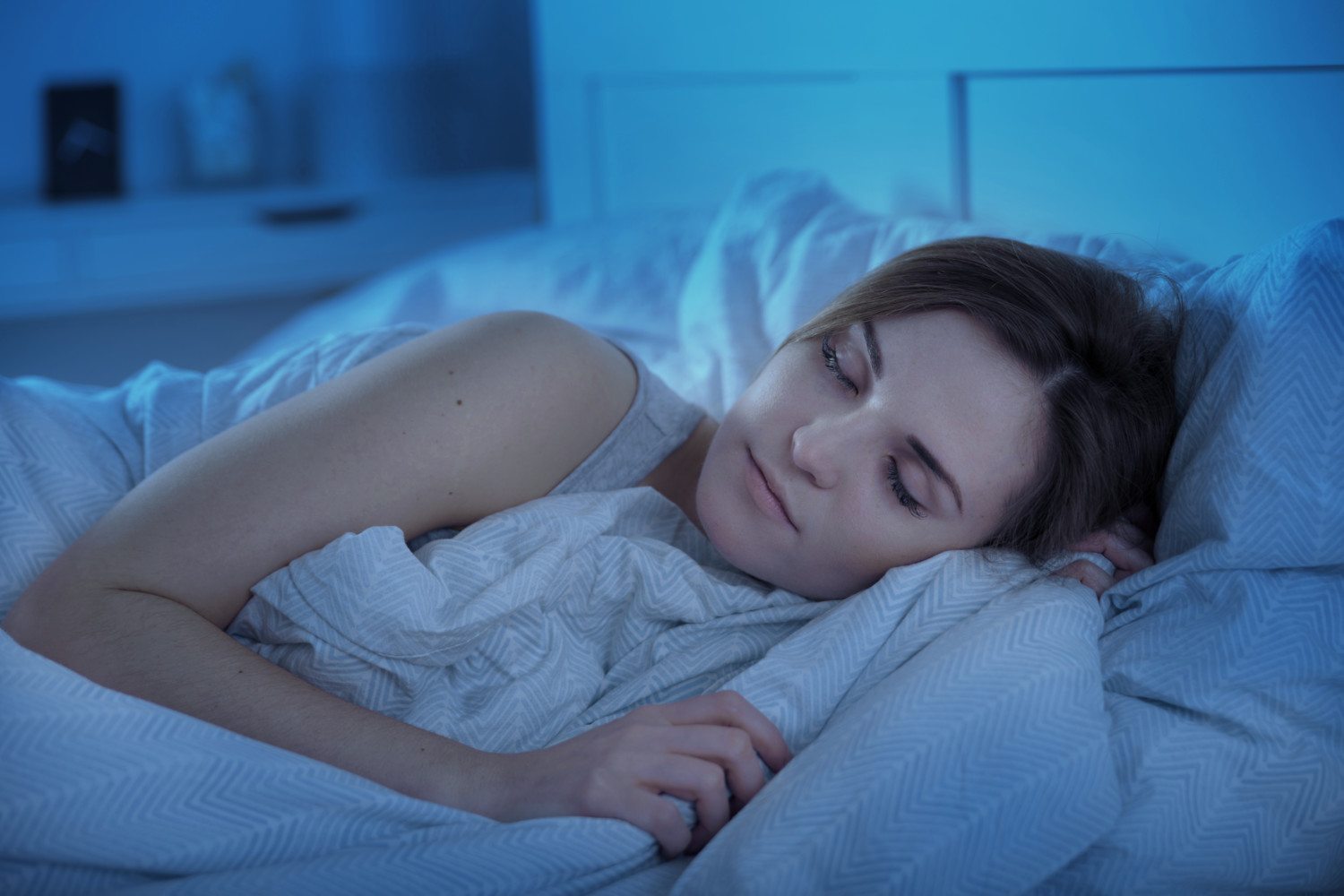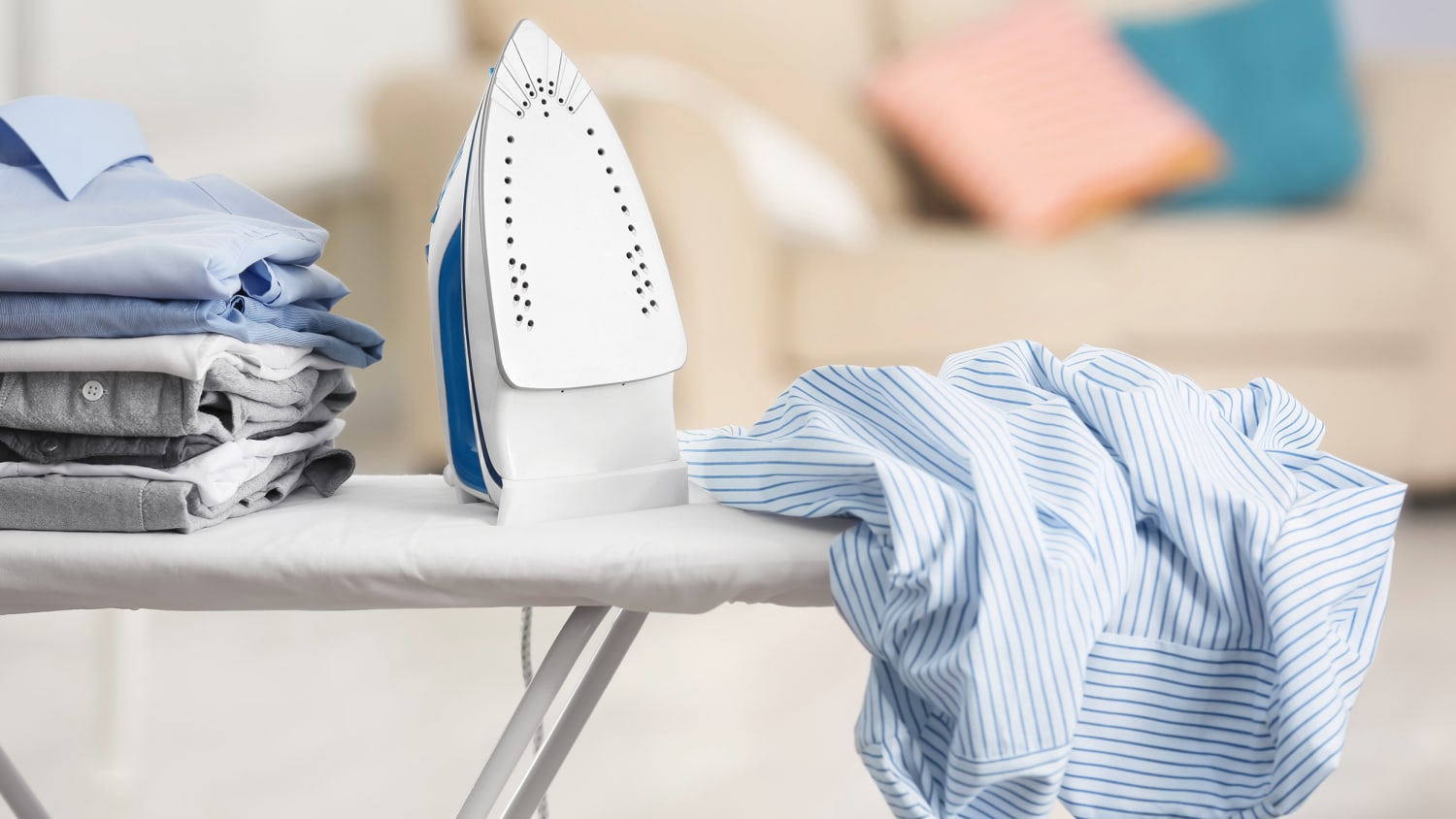Wouldn’t it be great if we can wake up whenever we please? Not if you are someone, say, a regular working professional where a usual job routine typically starts early in the morning. If you happen to be one of those people who often struggle to get out of bed, here’s An Essential Guide To Successfully Become A Morning Person.
1) Sleep Early
This is practically a no-brainer — if you want to wake up early, sleep early! There’s no point being a morning person if you often stay up late. Yes, it’s easier said than done but in order to fulfil your goal as a morning person, you have to find ways to go to bed early. A night of adequate sleep is 8 hours but that’s just a general guideline because each person is different. For instance, some people feel fully rested after just 7 hours of sleep while others might need 9.

2) Set Goals
Having trouble waking up early in the morning? Two words: set goals. It can be anything that motivates you to wake up early and achieve it. For instance, you choose to wake up one hour earlier to take a morning jog because you feel that this is the only best allocated time for a workout.

3) Keep The Screen(s) Away
By screen, we mean electronic devices like smartphones, laptops, tablets and TVs. Stop binging on Netflix till the wee hours since it will only do you more harm than good, which ultimately defeats your purpose to become a morning person. Make a habit to switch off everything at least one hour before bedtime. Instead, read a book (one that relaxes you and definitely not something that has action, thriller or horror elements in it) or you can choose to take a warm shower before you hit the hay.

4) Do Not Sleep With Your Phone On The Bed
There’s no denying that smartphones make our life easier. But at the same time, they can impact our ability to sleep if we are not careful enough. This is especially true for those who love to use the phone with the bedroom light off, spending God-knows-how-long on browsing and scrolling. Doing so only delays your bedtime and keeps you awake for a longer period of time. The artificial blue light that emits from the phone screen would also affect the overall quality of your sleep as well as your body’s circadian rhythm. Even with the convenience of a blue light filtering app that is supposedly designed to reduce eye strain, it doesn’t really make much of a difference either. Put it this way: when you start using the phone while you should be sleeping, your supposedly adequate amount of sleep throughout the night is ultimately cut short one way or another.
/arc-anglerfish-tgam-prod-tgam.s3.amazonaws.com/public/ZB3PTZI435DCHECCKVQV4PPDBQ)
5) Get Organised Before Bedtime
No matter how early you manage to go to bed, your overall sleep quality might be affected if your mind is hardly at ease. This is particularly evident when you have too many things going on your mind. Make an actionable plan beforehand. Like for example, get your work clothes all nicely pressed or prepare your breakfast or lunch the night before. That way, you don’t have to rush things the moment you wake up early in the morning.

6) Say “No” To Alcohol
You might think that taking a nightcap would help you fall asleep easily. While there’s a truth in that, drinking alcohol before bedtime doesn’t really give you a good night’s sleep. Once the sedating effect on the alcohol wears off, don’t be surprised to find yourself awake in the middle of the night. At the end of the day, it only affects your rapid eye movement (REM) sleep quality and causes daytime grogginess and fuzzy concentration. Even if you insist on drinking alcohol, have it in moderation and never use it as a sleep aid. Instead, there are better sleep-inducing foods and drinks you can try like almonds, banana, milk and chamomile tea.

7) Do Not Eat Close To Bedtime
If you have a habit of eating close to bedtime, it’s time to seriously reconsider it. For instance, eating spicy food like curry noddles and nasi lemak may trigger heartburn and acid reflux. Even certain drinks like coffee, milk tea and carbonated beverages can make your stomach bloated as well as increase the need to urinate in the middle of the night. As a general rule of thumb, it is highly recommended that you stop eating at least 2 to 3 hours before bedtime. This would allow your digestive system to do its job properly and prevent potential sleep disturbance during bedtime.

8) Your Mattress Matters
Let’s face it, your mattress is supposed to be your sanctuary. It should not cause you back pain or make you uncomfortable in any way. If that happens, you may want to consider investing in a better mattress. Your body would be thankful for it.

https://www.facebook.com/tallypressmy/















